|
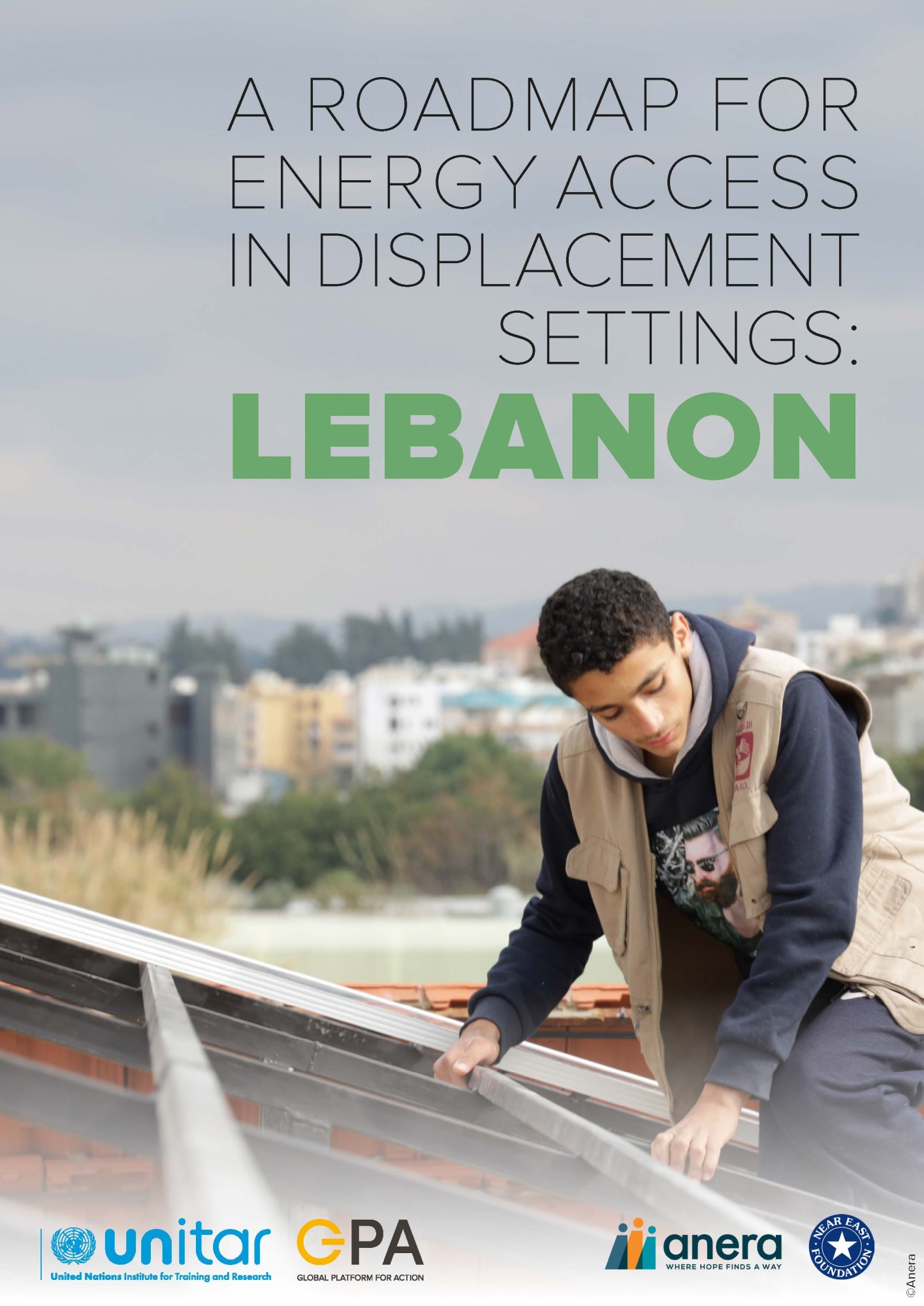 |
READS - A Roadmap for Energy Access in Displacement Settings: Lebanon
The READS Lebanon report explores the potential for renewable energy to improve the lives and livelihoods of people living in Lebanon. It also provides an overview of stakeholders providing sustainable energy solutions and nine high-impact project concepts to increase access to renewable energy. The report built on existing literature, interviews with key partners, and a stakeholder engagement workshop.
|
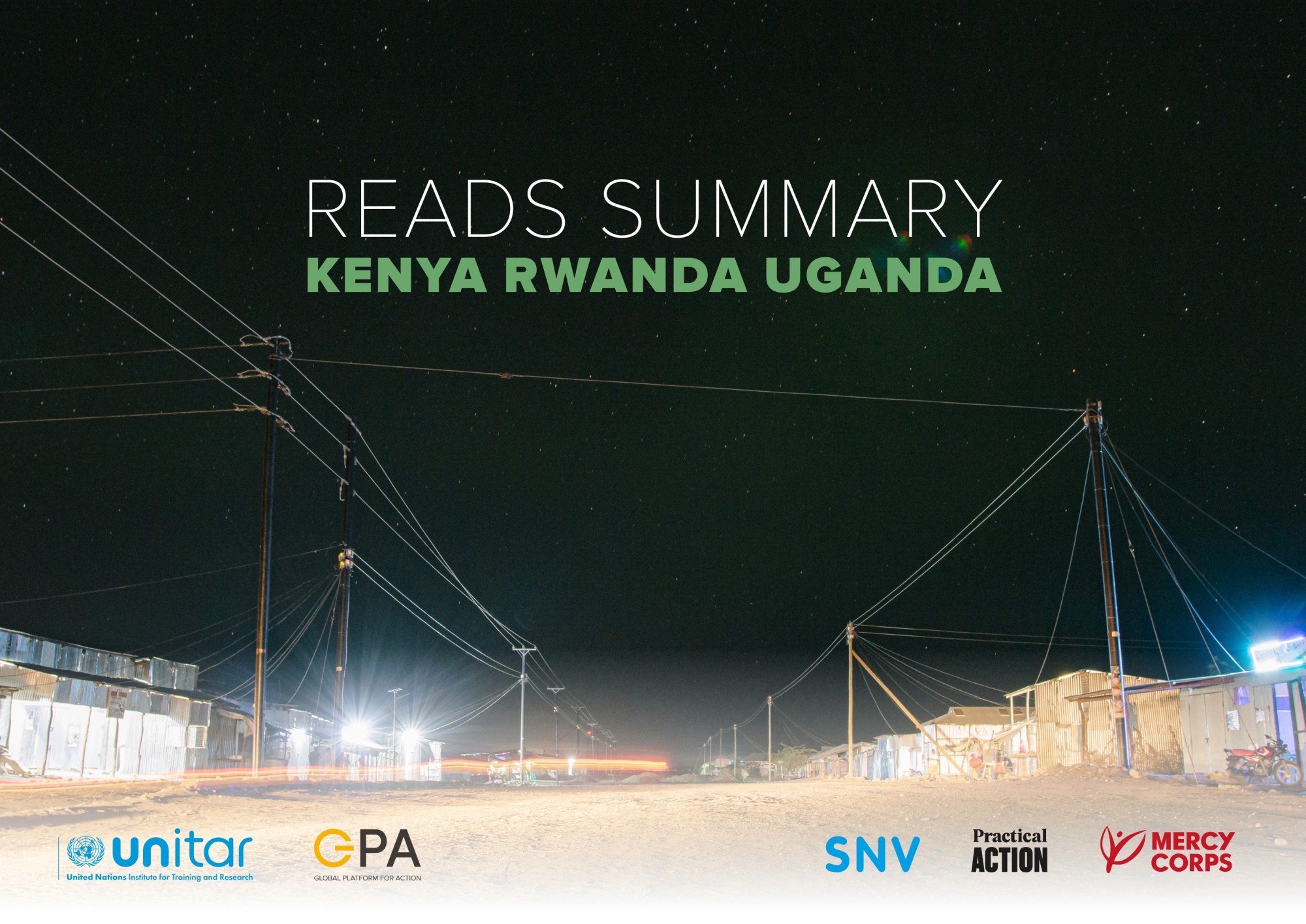 |
READS Summary - Kenya | Rwanda | Uganda
This report presents the main findings from the Roadmaps for Energy Access in Displacement Settings (READS) programme focusing on enhancing sustainable energy access for refugee and host communities in Kenya, Rwanda, and Uganda.
|
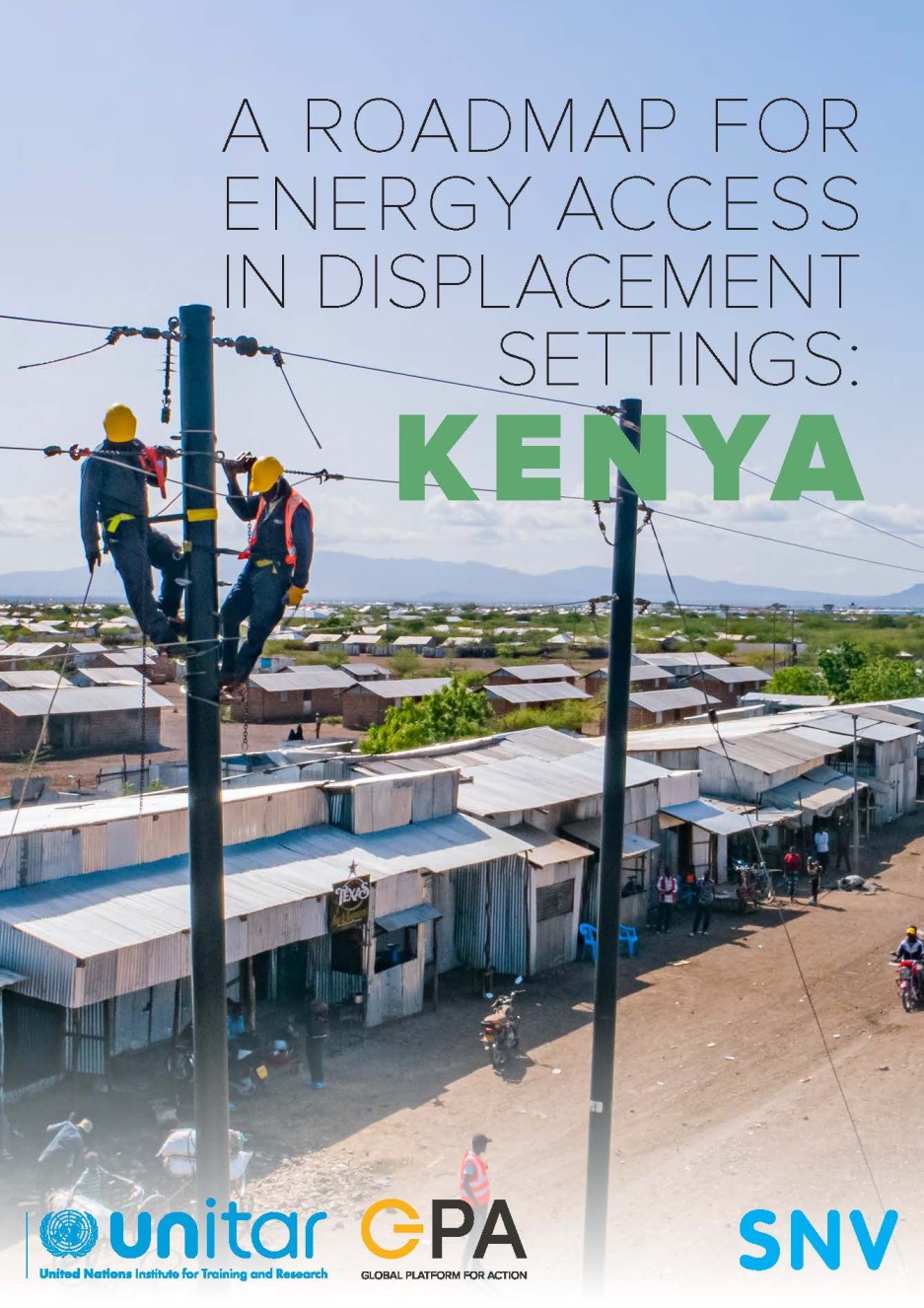 |
READS - A Roadmap for Energy Access in Displacement Settings: Kenya
There is huge potential to improve access to sustainable energy for displacement-affected communities in Kenya. National policies towards increasing the self-reliance of refugees and supporting host communities, and favourable policies towards sustainable energy projects, together offer a strong foundation for improving access to electricity and clean cooking solutions. Particularly in Kakuma and Kalobeyei, private sector engagement – supported by coordinated actions with humanitarian and development organisations, government partners, and the communities themselves – has demonstrated the potential for market-based programming
|
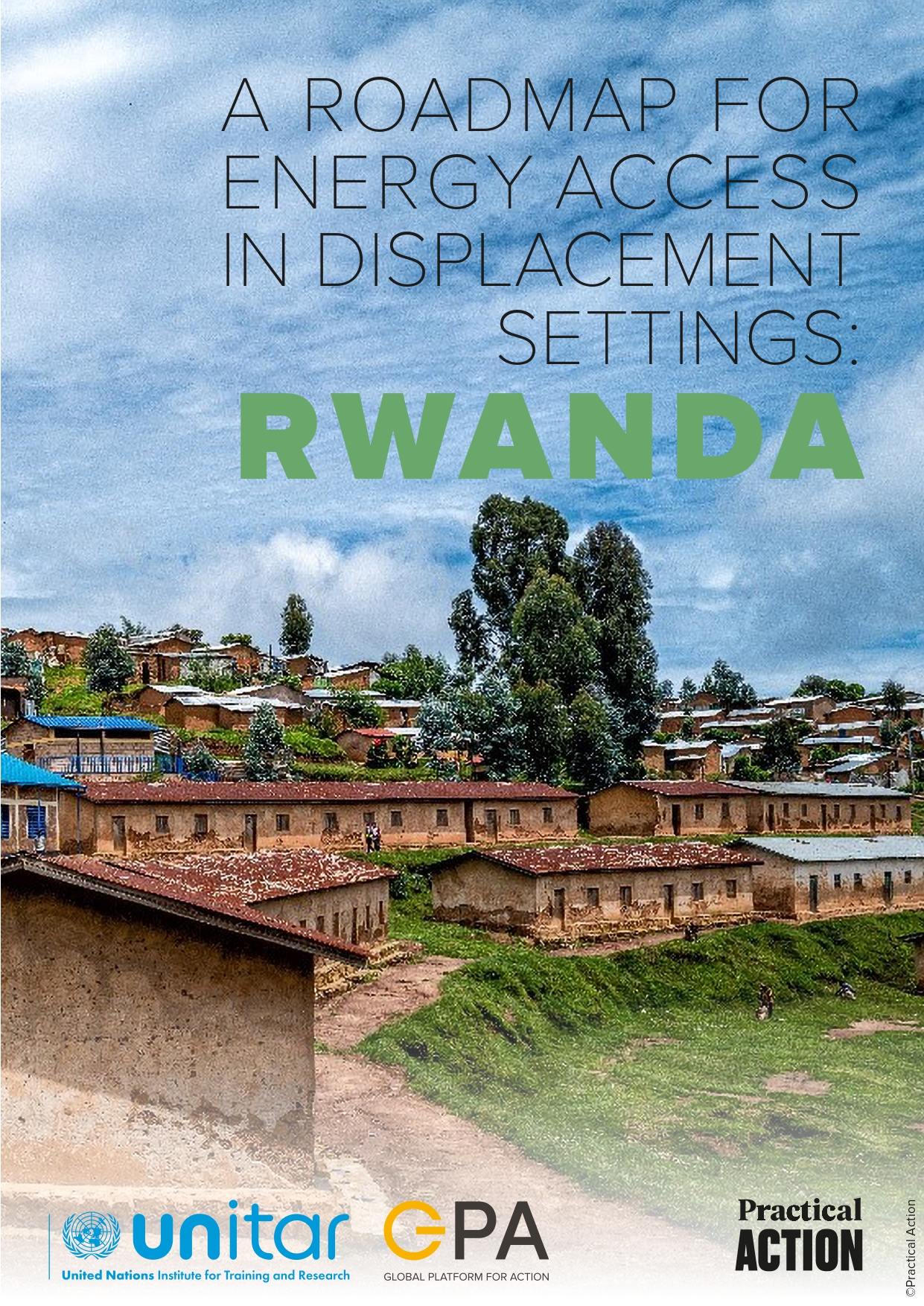 |
READS - A Roadmap for Energy Access in Displacement Settings: Rwanda
Rwanda offers high potential to improve access to sustainable energy in displacement settings and the country offers a supportive framework for both displaced people and sustainable energy. Previous and ongoing projects which support market-based approaches – from the wide-reaching RE4R Project to smaller, more focused interventions for electricity access and clean cooking – provide a network of stakeholders and lay the foundations to scale up promising work throughout Rwanda.
|
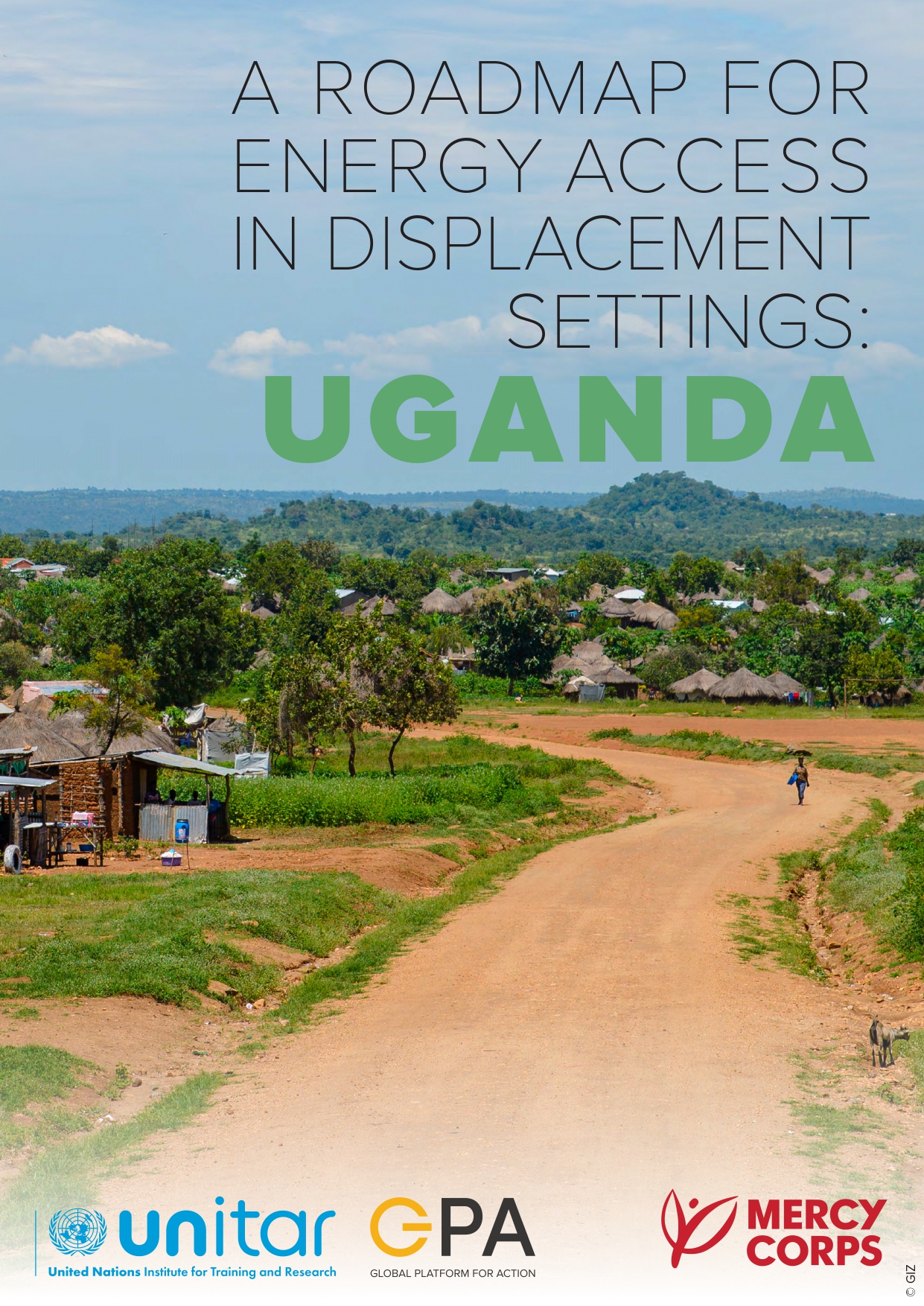 |
READS - A Roadmap for Energy Access in Displacement Settings: Uganda
There is huge potential to improve access to sustainable energy for displacement-affected communities in Kenya. National policies towards increasing the self-reliance of refugees and supporting host communities, and favourable policies towards sustainable energy projects, together offer a strong foundation for improving access to electricity and clean cooking solutions. Particularly in Kakuma and Kalobeyei, private sector engagement – supported by coordinated actions with humanitarian and development organisations, government partners, and the communities themselves – has demonstrated the potential for market-based programming.
|
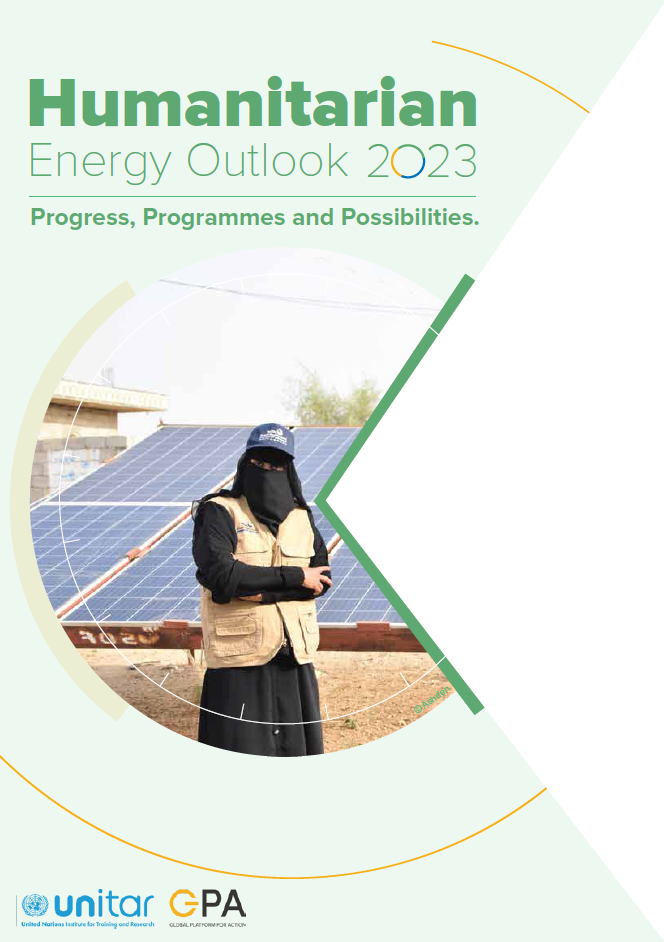 |
GPA Humanitarian Energy Outlook 2023
The Humanitarian Energy Outlook 2023 underscores the urgent need for sustainable energy solutions to address the growing crises of displacement, climate change, and inequality.
|
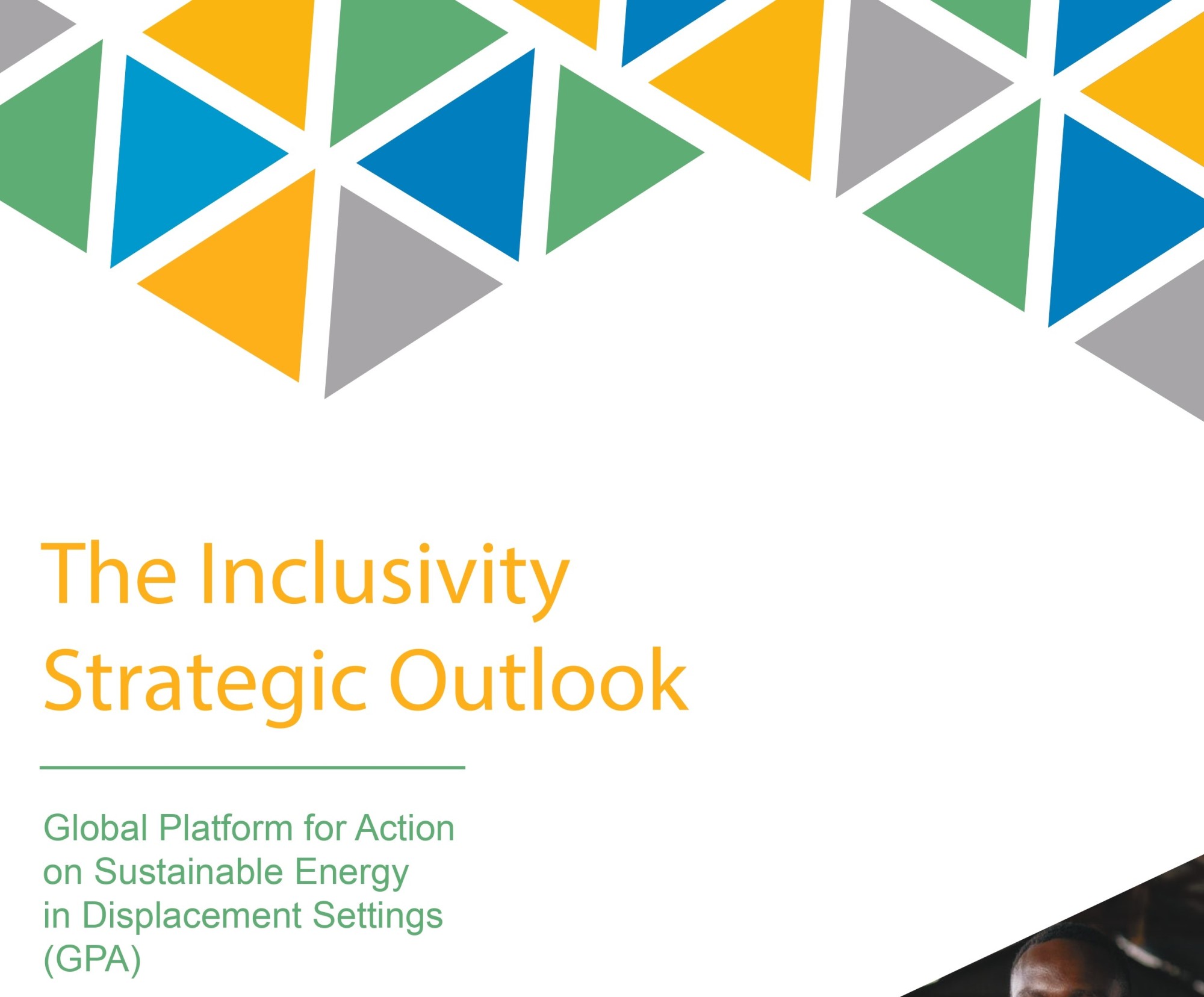 |
The inclusivity Strategy Outlook
This Strategic Outlook was produced under the GPA`s Transforming Humanitarian Energy Access (THEA) programme, in partnership wit the Global Refugee-led Network (GRN), Ashdn, Chatham House. This project was funded with UK aid from the UK government via the Tranformning Energy Access platform. The Strategic Outlook highlights the hurdles displaced people face within the traditional humanitarian system, such as power inequalities, structural barriers, limited access to resources and work opportunities, as well as restricted agency in strategic spaces where critical decisions about their lives are made.
|
|
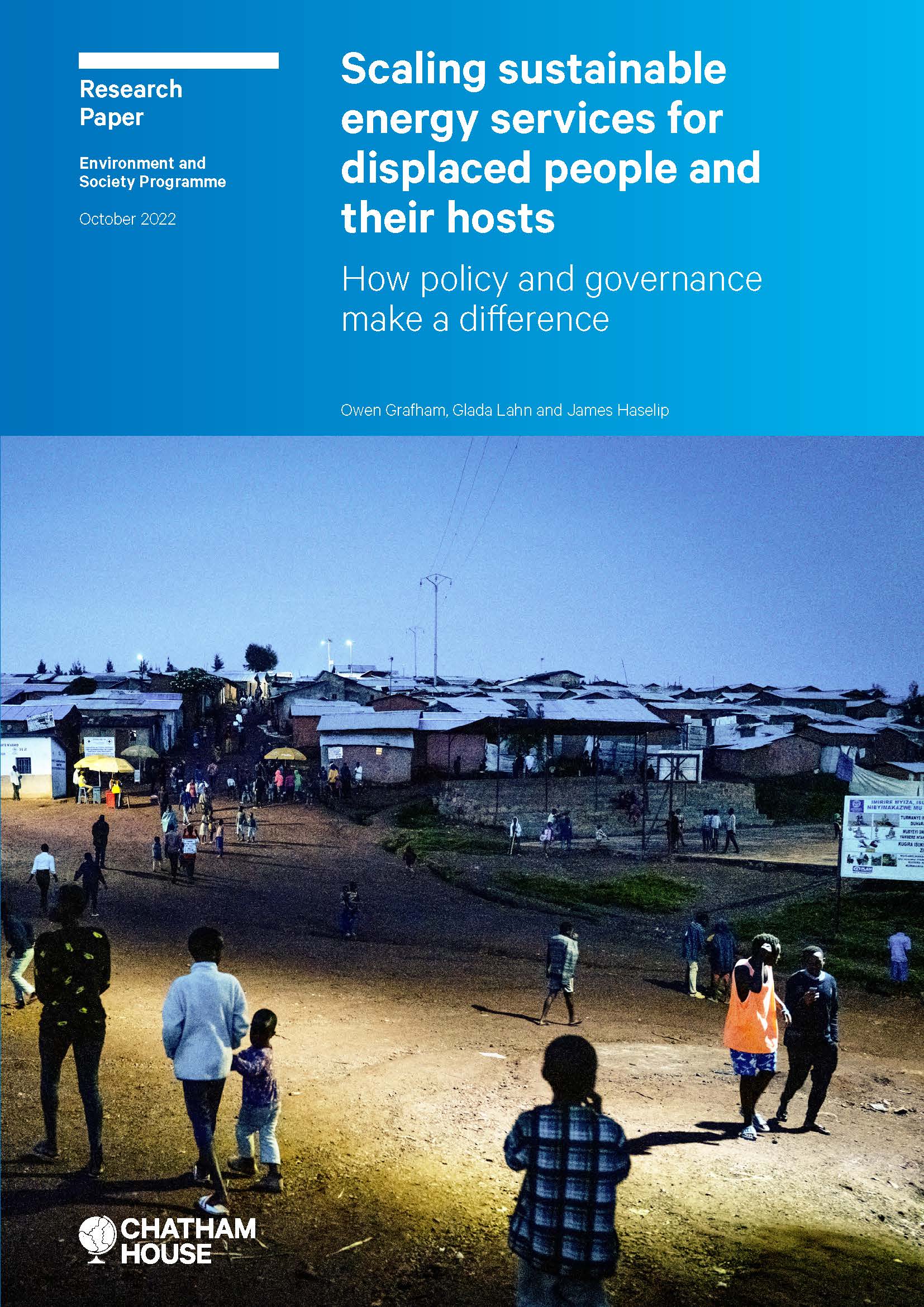
|
Scaling Sustainable Energy Services for Displaced People and Their Hosts - How policy and governance make a difference
This research paper draws on five case studies – focusing on Ethiopia, Jordan, Rwanda, Tanzania and Uganda – to explore how humanitarian efforts to scale up access to sustainable energy for refugees and other displaced communities are affected by policy and governance structures in host countries.
|
|
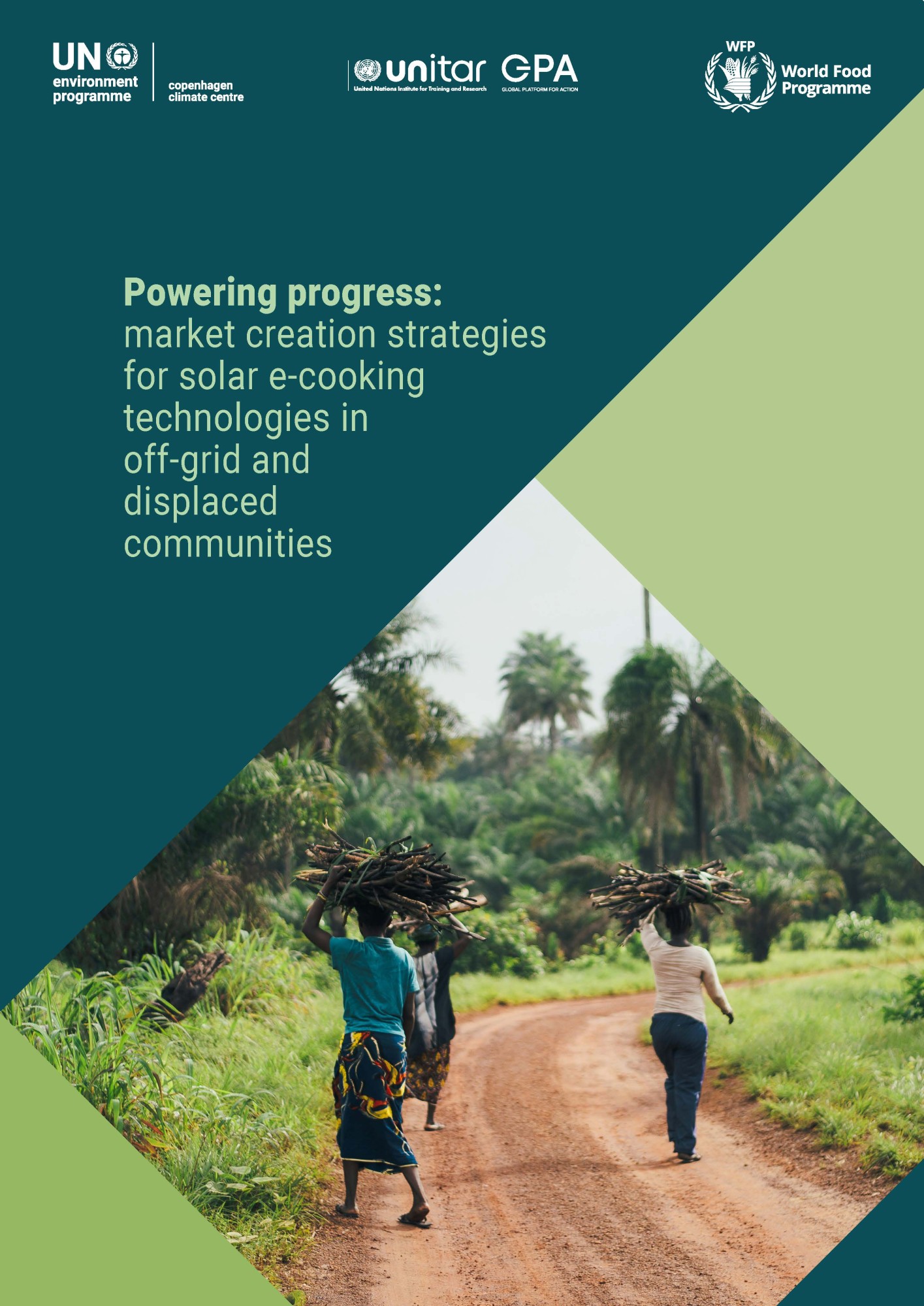
|
UNEP/GPA/WFP - Powering progress: market creation strategies for solar e-cooking technologies in off-grid and displaced communities
This report underscores the significance of energy for cooking as a pivotal climate issue, in addition to being a critical concern for economic development, health, gender equality, and the local environment in low-income countries.
|
|

|
Solar Electric Cooking in Displacement Settings: Lessons from Dzaleka Refugee Camp
This report is a result of the collaboration between the WFP and the MECS Programme at the Loughborough Centre for Sustainable Transitions: Energy, Environment and Resilience (STEER), Loughborough University. Data presented in this report was collected by WFP and Bill Consulting, with support from Gamos Ltd, in January 2024. This report discusses findings from an investigation into the progress of a three-year solar electric stove pilot project trialled in 61 households and a day-care centre in Dzaleka Refugee Camp, Dowa District, Malawi, starting in September 2022.
|
|
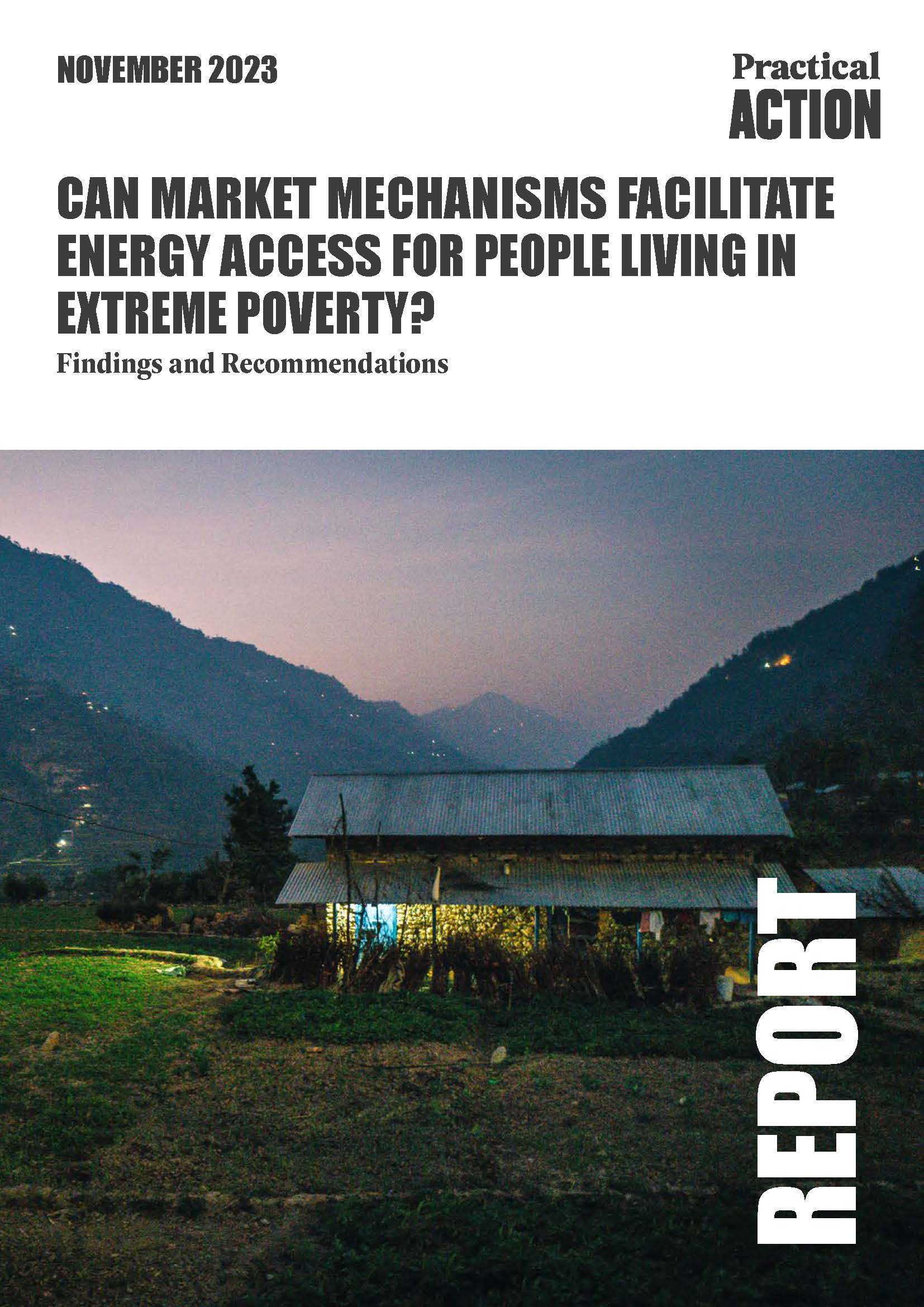
|
Can Market Mechanisms Facilitate Energy Access for People Living in Extreme Poverty (including people in displacement)?
This study is intended to support the Sustainable Energy and Leave No One Behind (SEaL) agenda within the Transforming Energy Access (TEA) platform. It aims to improve the targeting and design of future market mechanisms to support delivery of energy access to people living in extreme poverty by focusing on two overarching questions:
- Who and where are the people living in extreme poverty in sub-Saharan Africa and the Indo-Pacific and what are their energy needs and challenges?
- What market mechanisms could best serve the energy needs of people living in extreme poverty?
|
|
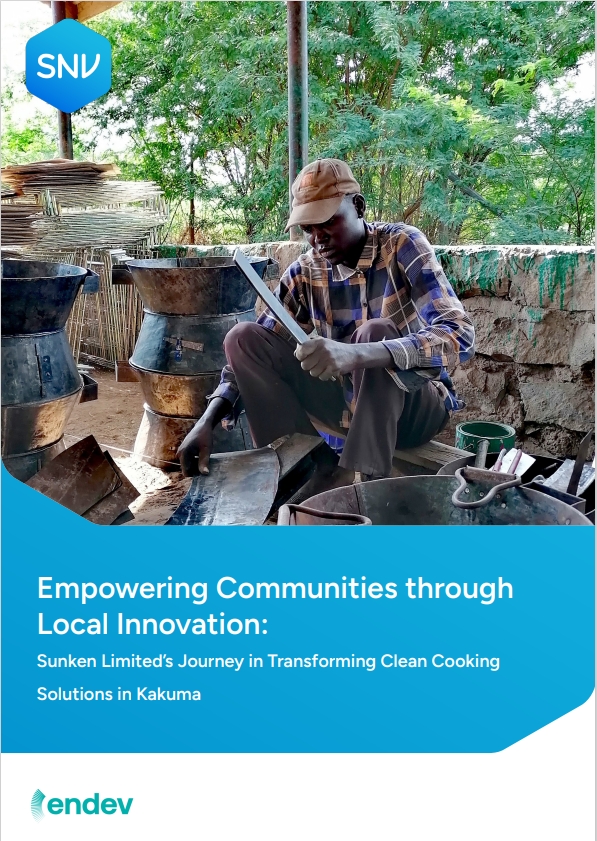
|
Empowering Communities through Local Innovation: Sunken Limited’s Journey in Transforming Clean Cooking Solutions in Kakuma
The overall aim of the project is to support market development to accelerate access to appropriate, reliable, and affordable energy services for households, and micro, small- and medium-sized enterprises (MSMEs) by strengthening supply and enhancing uptake of quality off-grid solar-powered systems and clean cooking solutions, resulting in improved livelihoods, increased productivity, employment creation, and increased incomes, therefore contribution towards the nation’s economic development.
|
|
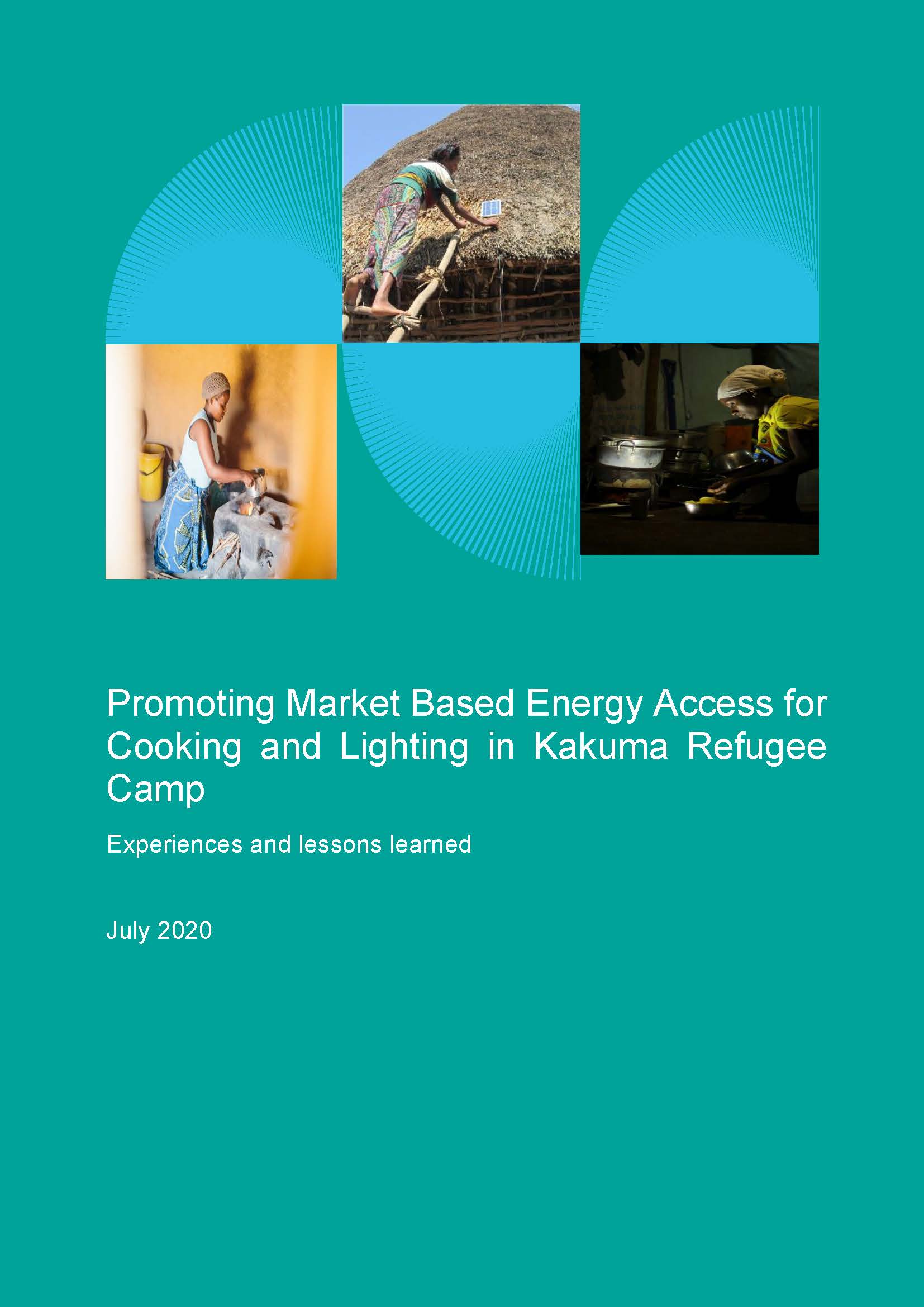
|
Promoting Market Based Energy Access for Cooking and Lighting in Kakuma Refugee Camp - Experiences and lessons learned
This publication presents the results and key lessons learned from the Market-based Energy Access (MBEA) project in Kakuma Refugee Camp and Kalobeyei Integrated Settlement that ran from October 2017 to September 2019. The project was designed under the Energising Development (EnDev) programme and implemented by SNV Kenya. The project promoted supply, distribution and use of clean cooking and solar-powered solutions through a market-based approach while also driving systemic change through partnerships. By engaging private sector partners, SNV supported the development of local distribution channels through technical assistance and financial support and contributed more broadly to market development through awareness-raising campaigns.
|
|
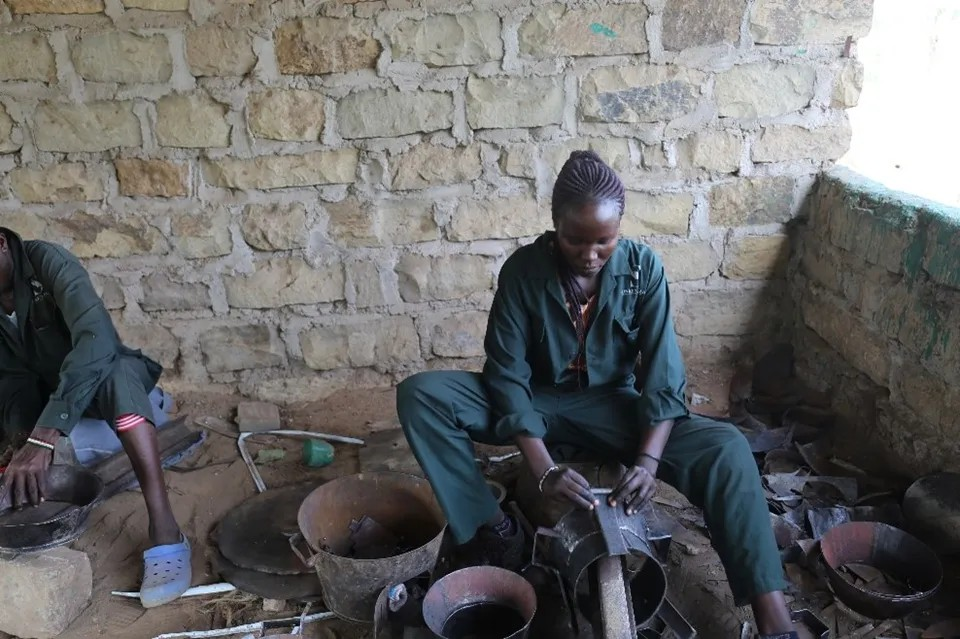
|
Clean energy innovations at Kakuma boosts opportunities
This story underscores the impact of local innovation on transforming energy access and economic opportunities in refugee and low-income settings. Through strategic partnerships, community engagement, and capacity building, the SPU in Kakuma not only meets the demand for clean cooking solutions but fosters local economic development. SNV’s clean energy initiatives are thus transforming lives across the region.
|
|
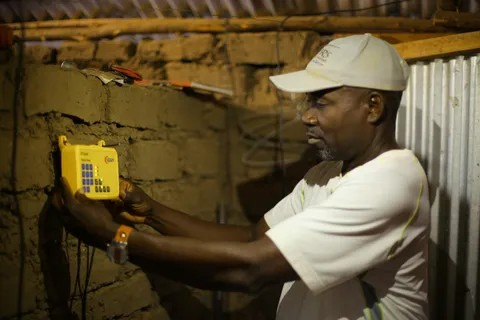
|
|
Fuelling adoption of renewable energy with access to financeThe Market-Based Energy Access project (MBEA III) employs the market-based approach. It focuses on engaging the private sector in its implementation to foster market development and energy access for households and businesses. The project is funded by EnDev and implemented by SNV.
|
|
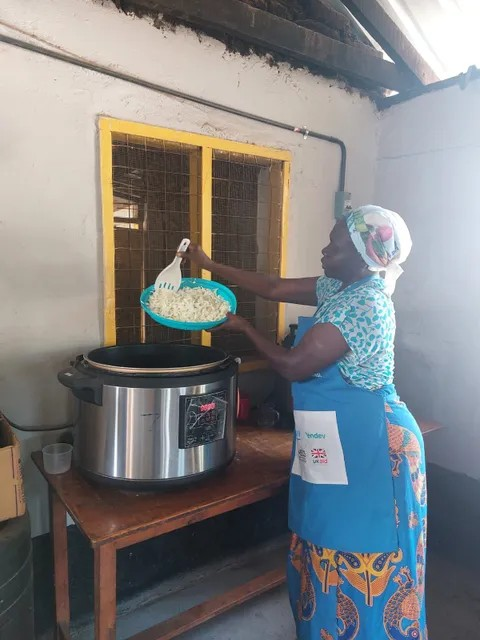
|
Sustainable, electric cooking pilot for households and institutions
SNV and Gamos East Africa have recently launched the ‘Institutional e-cooking pilot in Kakuma’ project, co-implemented and funded by EnDev through the MBEA II project and the MECS programme. The project aims to test the use of large Electric Pressure Cookers (EPCs) with 3-4 social institutions in the Kakuma refugee camp and Kalobeyei Integrated Settlement connected to a solar mini-grid system or have their own solar system.
|
|

|
The State of the Humanitarian Energy Sector (SOHES): Challenges, Progress and Issues in 2022
The GPA State of Humanitarian Energy Sector (SOHES) report is the first of its kind analysis of the main issues facing the humanitarian energy sector. The report, which is jointly co-authored by GPA steering group institutions Chatham House, IOM, SEforALL, GIZ, Practical Action, NORCAP, Mercy Corps, Selco Foundation, the International Lifeline Fund, and UNHCR, places the voices of refugees and displaced people at the centre of humanitarian energy issues. The analysis delves into core cross-sectoral areas and explores their relevance within energy for displacement in 2022, such as governance and coordination, effective delivery, critical data, policy, funding and finance, as well as climate action. The final two chapters of the report present practical recommendations, outline advocacy targets and messaging, and suggest ways to drive the sector forward over the coming years.
|
|